A watered down Indigenous voice to parliament would still be an affront to the ideal of constitutional equality, writes former prime minister Tony Abbott

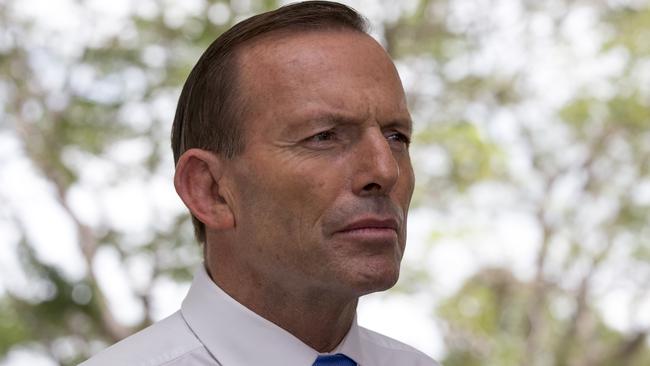
A constitutionally entrenched Indigenous voice that was only to the parliament would certainly be a less radical change. But it would remain just as unnecessary given there are already 11 individual Indigenous voices in our parliament. And it would be no less wrong in principle.
Any special voice – for some but not for others, especially a voice based on ancestry – would still mean we are no longer one, equal people.
It would still be an affront to the ideal of constitutional equality even if it were a voice only to the parliament, and only on laws specifically relating to Indigenous people.
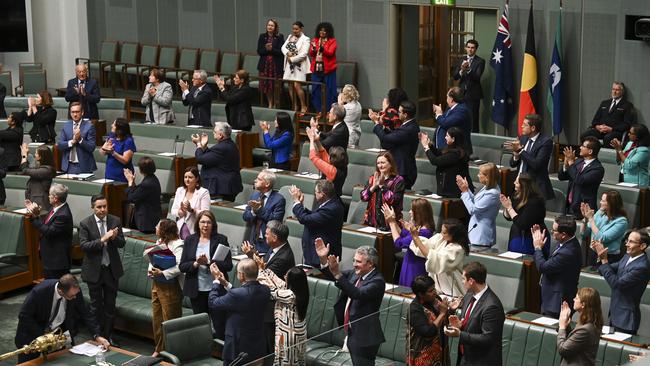
It would still mean two classes of Australians: the few, whose ancestry here could be traced back some 60,000 years; and the many, whose ancestry in this country dates only from 1788; with the few given a special right to influence legislation over and above that accorded to the many.
It would still mean some people, based on the length of their links to this country, would get a special say over how they were treated compared with that accorded to everyone else.
And it would still be a change to the way we are governed, rather than the simple recognition of Indigenous people in the Constitution that almost everyone supports.
The pro-voice proponents now calling for the voice to be changed, such as Mick Gooda, Julian Leeser and Father Frank Brennan, can see from the polls that Australians are waking up to just what a far-reaching change the current proposal is.
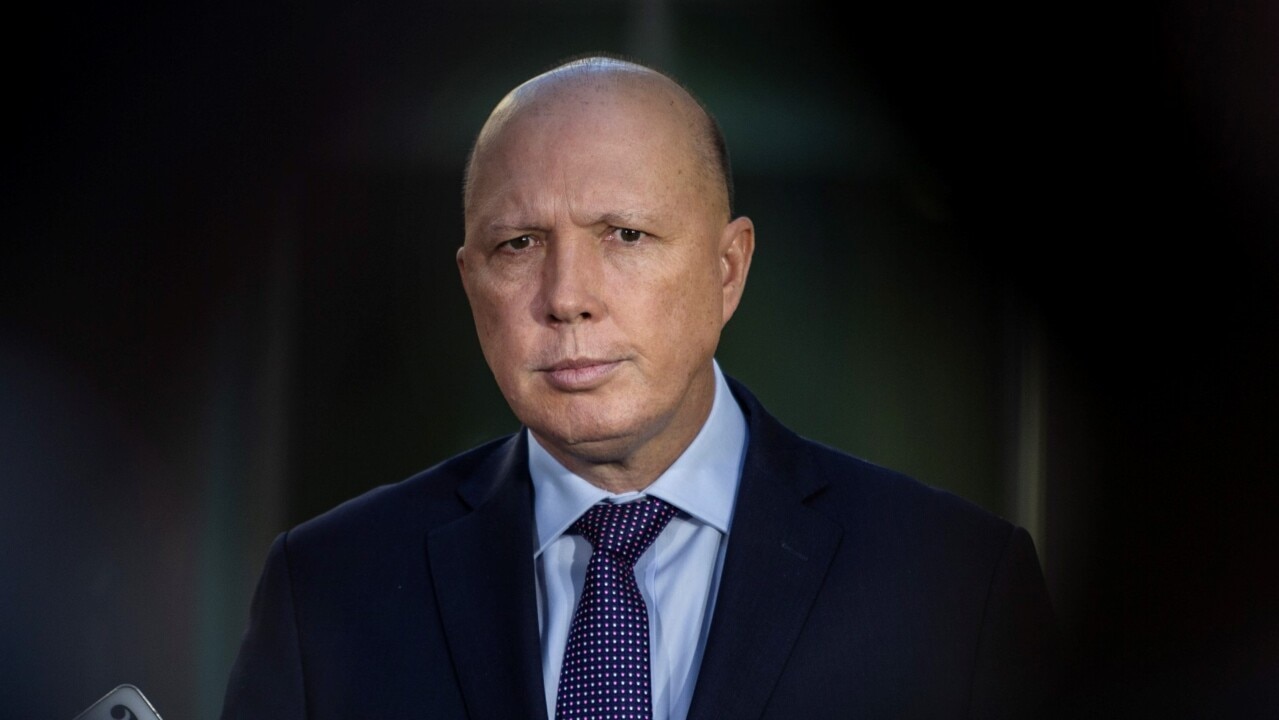
Voters are starting to work out that giving the Indigenous voice a constitutional right to make representations to everyone on everything is going to gum up our government and ensure it can do nothing of substance without first obtaining a measure of Indigenous consent.
Indeed, that’s precisely what voice proponents want: a voice that can’t be ignored or shut up, says Megan Davis; a voice that will have its remit determined by the High Court, says Marcia Langton.
But a voice whose powers are ultimately decided by the unelected High Court; and a voice that exerts an effective veto over government, especially a voice that might end up picked through an opaque and undemocratic process that can change from community to community, is hardly a voice that people would vote for, which is why only a few of its proponents are honest about what they want it to be.
Then there’s the growing realisation that the voice is just the first demand of the Uluru Statement from the Heart to which the Albanese government is committed “in full”. There’s also treaties between the federal government and the 500-plus Indigenous “First Nations”, who supposedly never ceded sovereignty, plus “truth-telling” to counter the view that Australia’s history is something to be proud of.
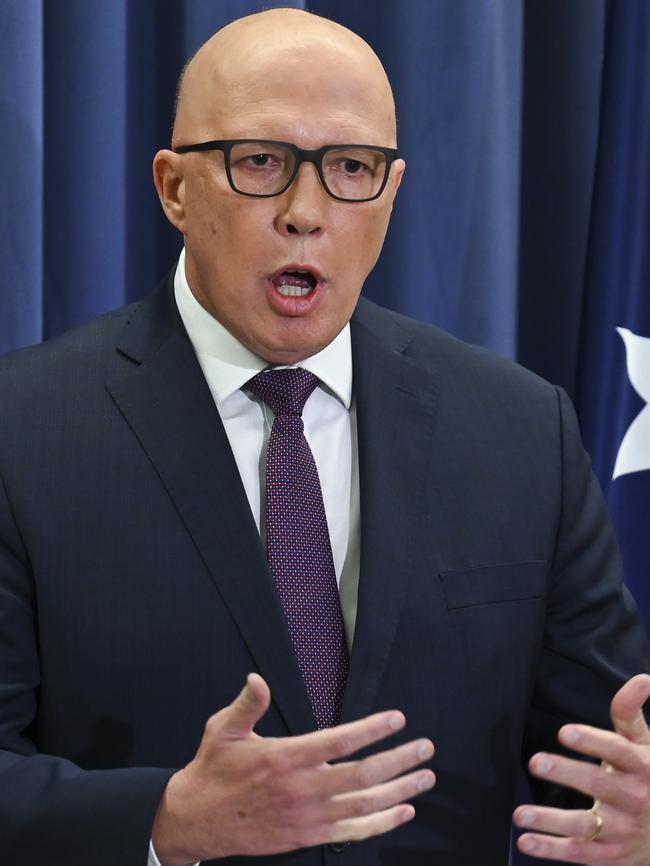
Those wanting the voice to be watered down, from the current fourth arm of government, to a constitutionally sanctified advisory body to the parliament (and perhaps also to ministers too) think this might allay fears that this is really a power grab by Indigenous activists masquerading as constitutional recognition and that it might make it easier for the federal parliamentary Liberal Party to drop its opposition to the voice.
The voice modifiers are decent people who are understandably worried about the bitterness a failed referendum could engender, hence their eagerness to make it more acceptable. But the voice opponents are decent people too, also worried about the bitterness of a failed referendum, just not enough to acquiesce in a dud change that should have been better thought through from the start.
Whether they’re pro or anti voice, none of the current proposal’s critics deserve the vitriol Noel Pearson has directed at them. Instead of providing the prophetic leadership of which he is sometimes capable, Pearson’s bullying of everyone who dares to disagree illustrates just how divisive this voice of his would be.
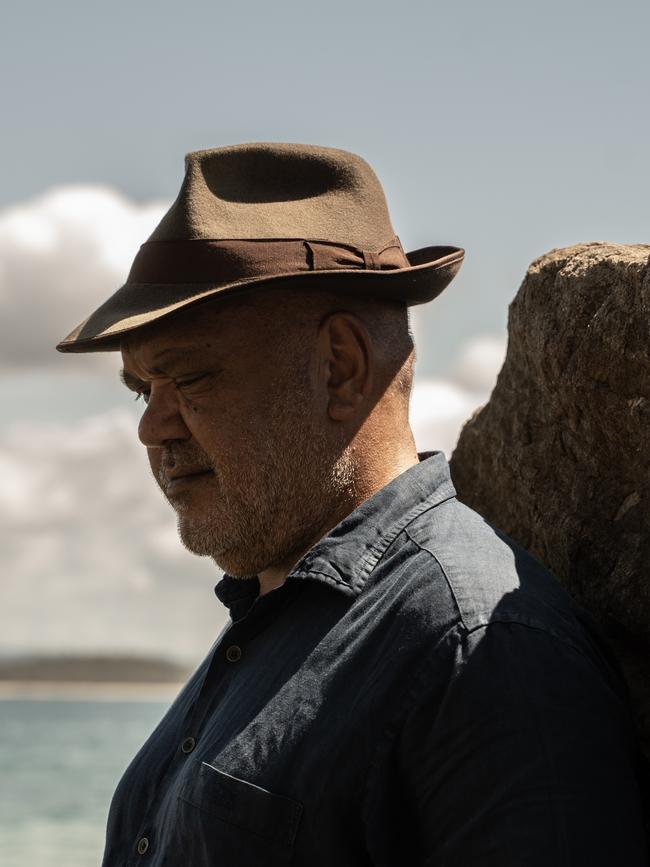
A voice that could make representations to a much more limited range of entities and that had the effect of its representations clearly defined would certainly be less of a potential disruption to the work of government.
But, while it would be less bad in practice it would still be wrong in principle and, in my judgment, it would be a huge mistake to say yes to something that’s wrong in principle out of relief that it could have been worse.
Whether it’s a voice to the whole of government or just to the parliament, it could hardly be more at odds with what we used to tell ourselves about our country: that each and every one of us, male or female, black or white, old or young, immigrant or native-born, rich or poor, religious or not – provided there was a commitment to Australia – were all first-class citizens with the same rights and responsibilities.
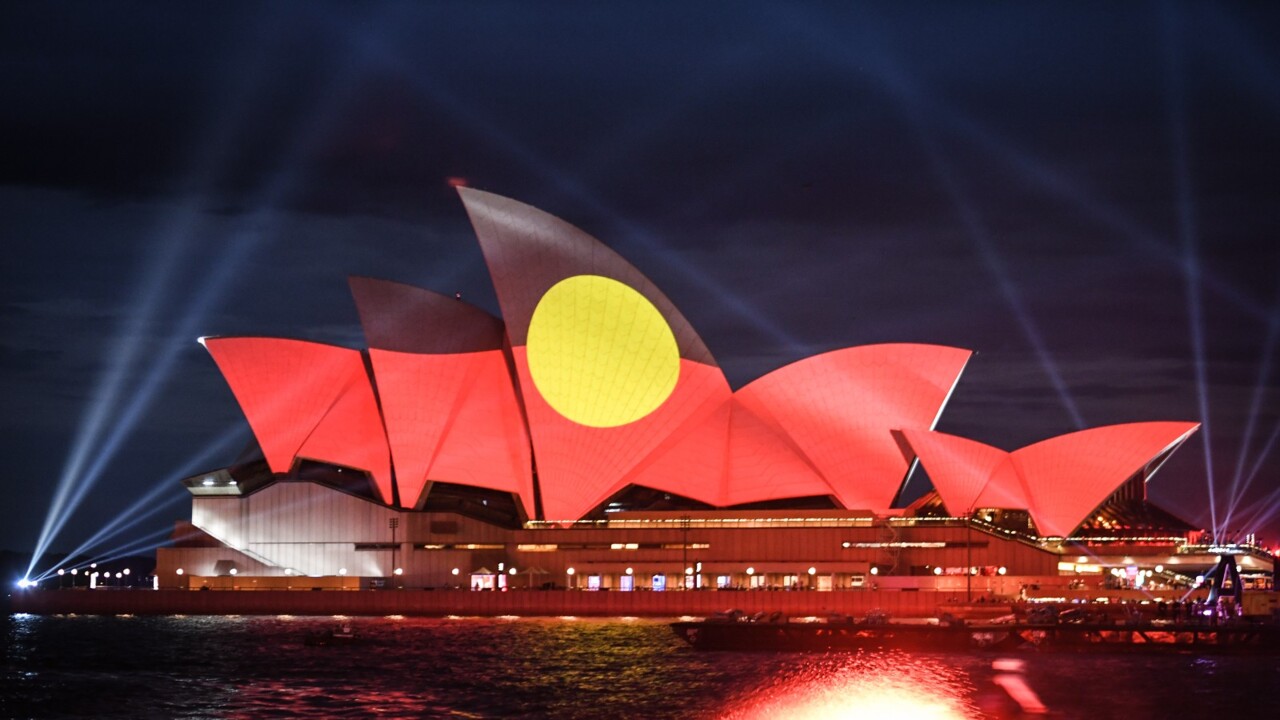
We don’t give a special voice to women, or to migrants, or to people with disabilities, even though the parliament sometimes passes laws that particularly refer to them, and even though they, too, have sometimes not had the fair go from our system that they deserve.
Likewise, we can’t give a special voice to the First Australians without establishing a hierarchy of descent; or indeed, a pecking order among all the victims of history.
Seeking an 11th-hour compromise will hardly allay people’s misgivings, just reinforce them, and confirm the Liberal Party was always right to say no.
Tony Abbott was the 28th prime minister of Australia, 2013-15.

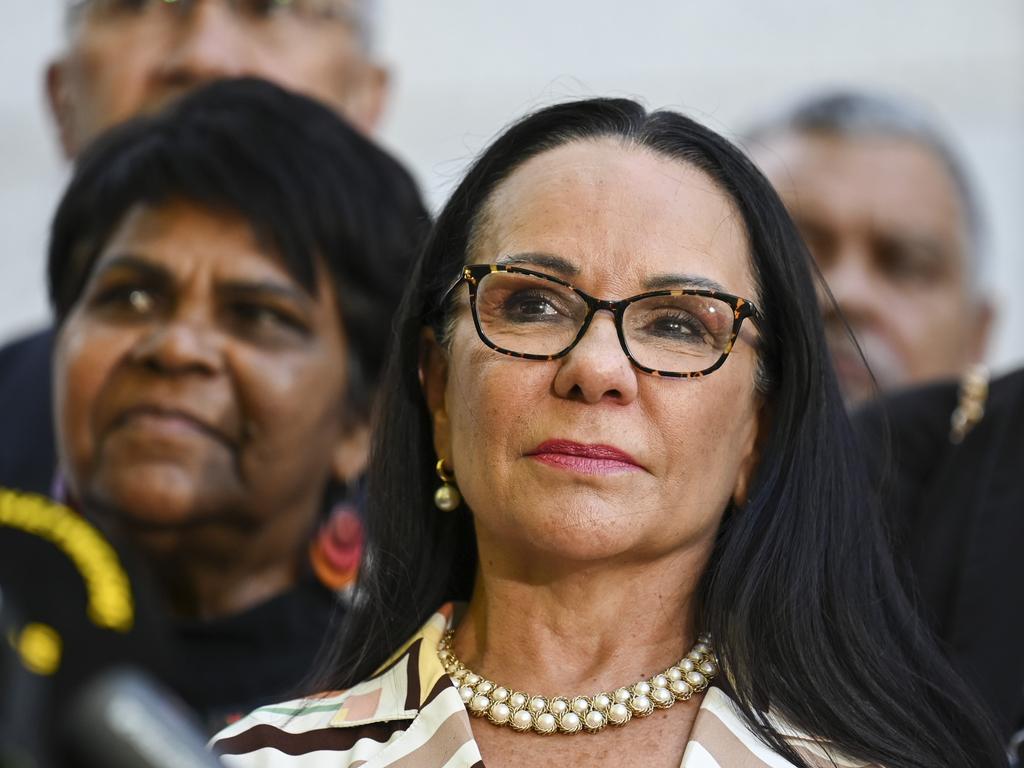
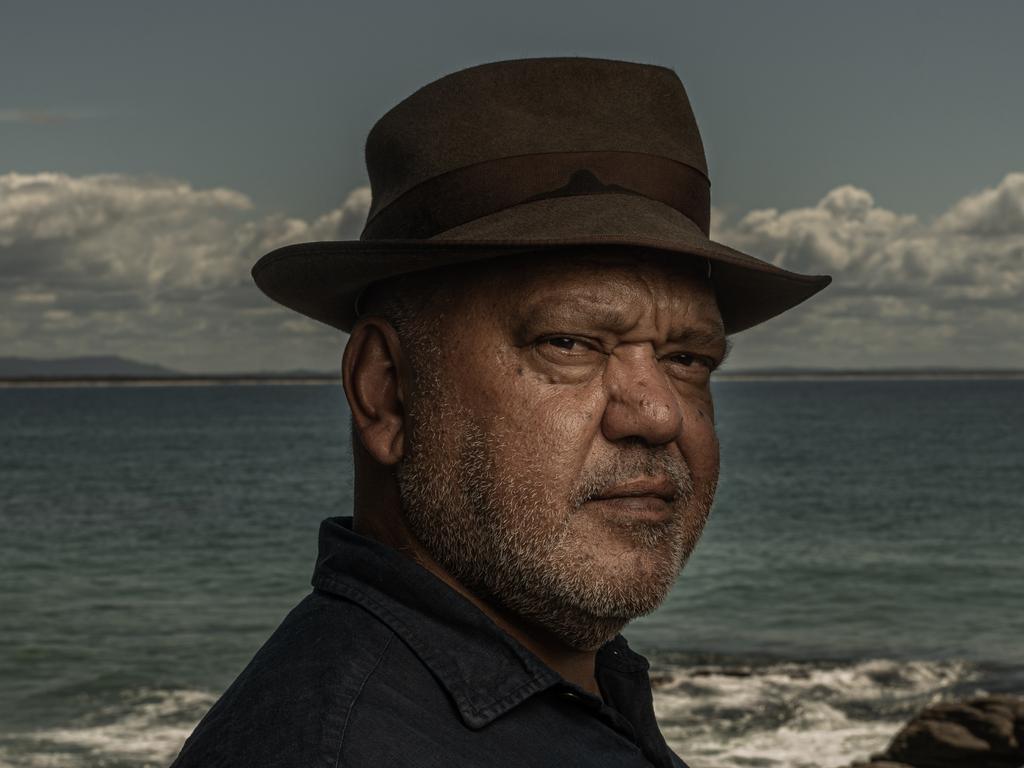
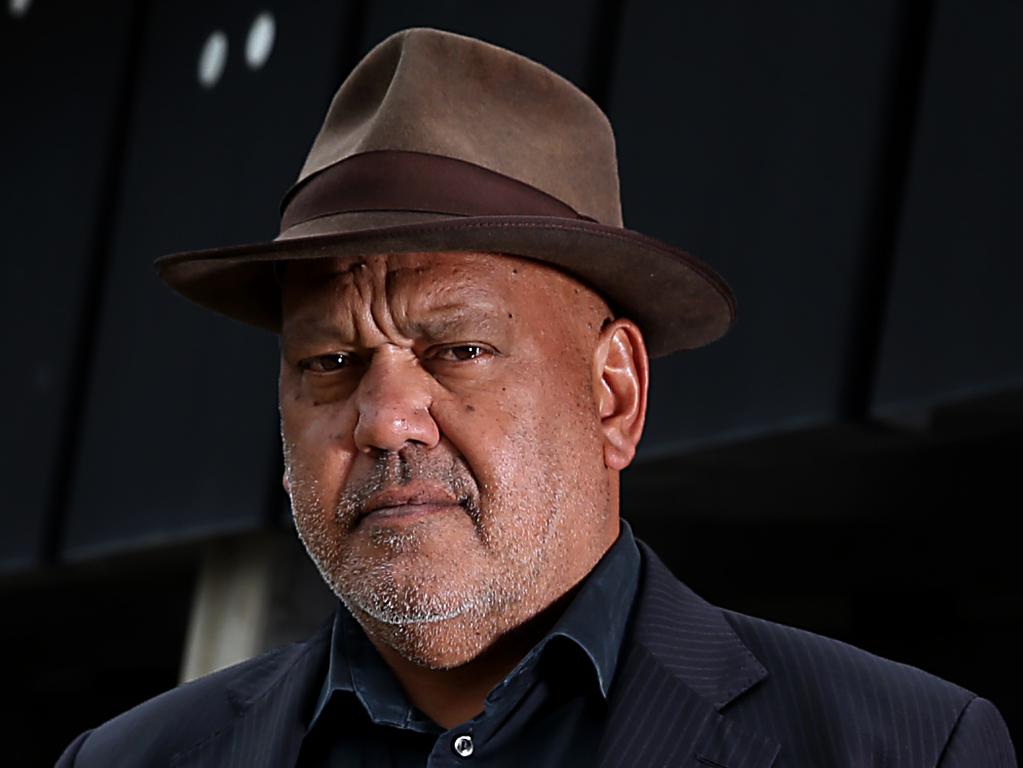
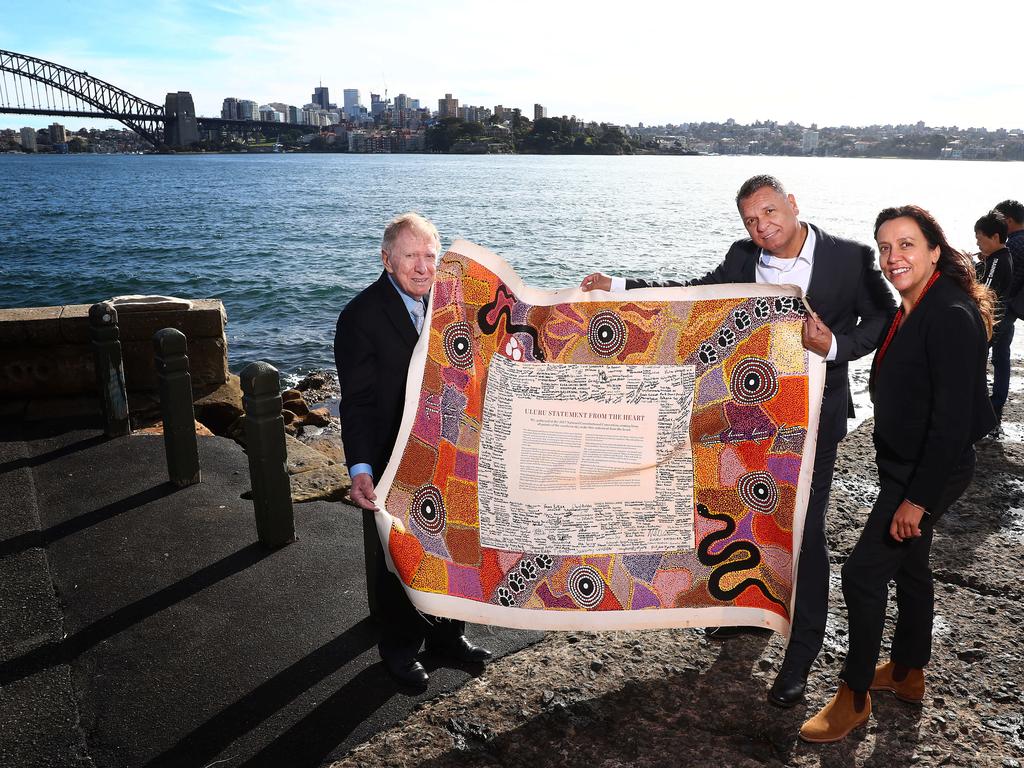


Because Indigenous voice to parliament supporters are worried the referendum might fail, they’re now arguing among themselves about whether to water down their proposed change to our system of government.